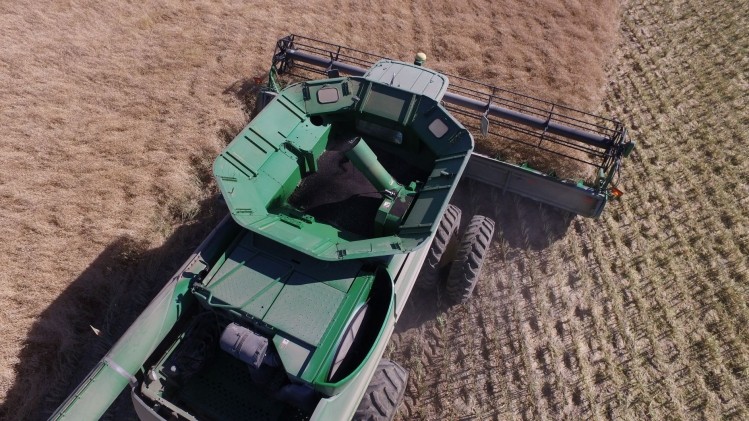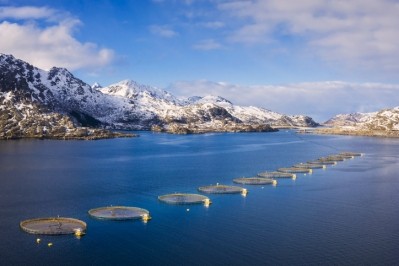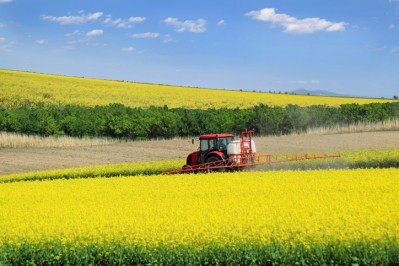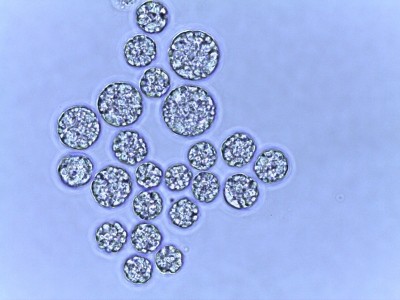Omega-3-rich canola plant sees US approval

Nufarm Limited announced last week that the US Department of Agriculture (USDA) has deregulated its subsidiary company Nuseed’s omega-3 producing canola for cultivation in the US. The canola variety also was approved for cultivation, food and feed use in Australia earlier this year.
“We are advising the public of our determination that canola designated as event B0050-027, which has been genetically engineered to accumulate the long chain omega-3 fatty acid known as docosahexaenoic acid in seed, is no longer considered a regulated article under our regulations governing the introduction of certain genetically engineered organisms,” said the USDA.
However, an application to the US Food and Drug Administration (FDA) regarding feed and food use is still being processed, the company said. FDA approval is expected to come prior to the 2019 cropping period.
The approval from the USDA “paves the way for initial commercial production in the US,” said Benita Boettner, global lead commercial strategy in omega-3 with Nuseed. The company is planning to use a closed-loop system for production of the plant, she added.
“Nuseed will steward the process through from seed to growing the crop, through the grain harvest and through to the processing to oil,” she told FeedNavigator. The company also is continuing to build relationships with partners involved at different stages of production, she added.
“The refining is likely to happen here in the US,” she said. “[Production] will be fairly North American-centric.”
The approval also has a role in the upcoming commercial development of the canola variety, she said. “We will commercially launch production from the US – that makes it a key milestone for the product,” she added.
Crop development, feeding trials and aquaculture use
Nuseed developed the omega-3 producing canola in a collaboration with the Commonwealth Scientific and Industrial Research Organization (CSIRO) in Australia and the Grains Research and Development Corporation (GRDC).
The subsidiary company planted 15,000 acres of the canola variety in Montana this year, it reported. The planting occurred under USDA notification.
That crop is set to be harvested this autumn and the oil generated will be used in ongoing pre-commercial trials, the company said.
Now that the approval for use of the crop has been granted, the company is expecting to move forward with commercial production of the crop for next year, said Boettner. “We’ve started to build many of those relationships,” she added.
The oilseed is able to generate an amount of omega-3-rich oil that is DHA-focused, she said. “It has a unique profile and is DHA dominant,” she added.
It also includes other long-chain and short-chain polyunsaturated fatty acids, she said. The company estimates that one hectare of the canola will be able to supply the omega-3 oil found in 10,000kg of wild fish, Nuseed added.
Initially, Nuseed is planning to commercialize the omega-3 oil generated for use in aquaculture feeds, it reported.
The need for an alternative source of omega-3 oil is highest in salmon and trout, said Boettner. Those species will be the focus of initial feeding research trials.
“There is a real need for a product like this in the market,” she said. “There is a desire and need to grow proteins from aquaculture – so it’s exciting to be part of something like that.”
The company is forecasting that initial revenue will come from the products in 2019, she said.
Nuseed also is in the process of seeking regulatory approval for the canola and the products it generates in Canada, she added.











